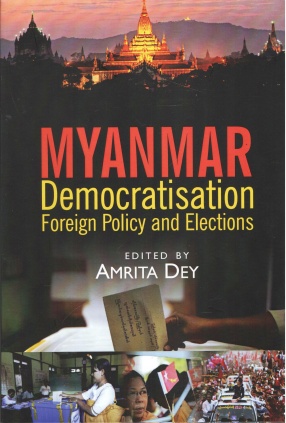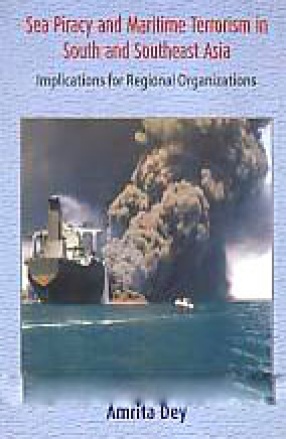Myanmar: Demicratisation Foreign Policy and Elections
The Myanmar poll results of 2015 has once again proved to the world that public opinion is unanimously in favor of genuine democratization in the country, democratization as epitomized by the self-sacrifice of its opposition leader, party workers, students, journalists, Buddhist monk population, young and old, against any-sort of a quasi/proxy military rule at the centre. Since 2011, the military-turned civilian administration in Myanmar has undertaken formidable changes on all fronts- political, economic and socio-cultural to promote `democratic transition` there. But freedom has never been whole-hearted, as there are clauses in the Constitution that still empowers and protects the military, favors their vested interests in the booming extractive sectors of the economy, and fails to adequately address issues of real internal conflict and tension, human rights violation against minorities and deters real participation of regional population in the overall development process of the country.
The two-days International Conference at Maulana Abul Kalam Azad Institute of Asian Studies, Kolkata, India attempted to debate and examine the merits and demerits of the democratization process in Myanmar, the country`s preparedness for the elections, it`s handling of ethnic and religious issues. And the way these developments are perceived by immediate neighboring countries, including India and China, the two Asian giants jostling for more economic power and with whom Daw Aung San Suu has vowed to maintain good relationship in future.
This edited volume has been the culmination of the team work of the head of MAKAIAS, the Myanmar Consulate in Kolkata, the administrative and library staff, Fellows/RA`s, students, scholars and think-tanks from Kolkata, India and abroad.
Get it now and save 10%
BECOME A MEMBER








Bibliographic information
Tags